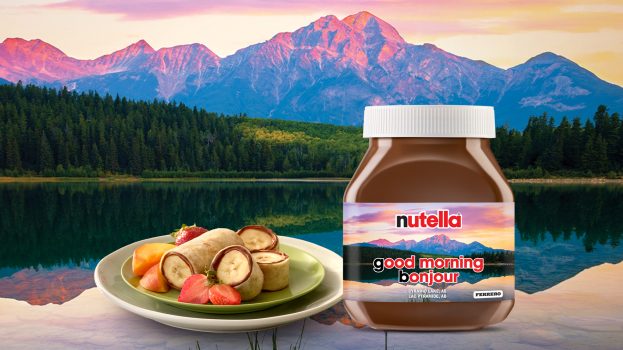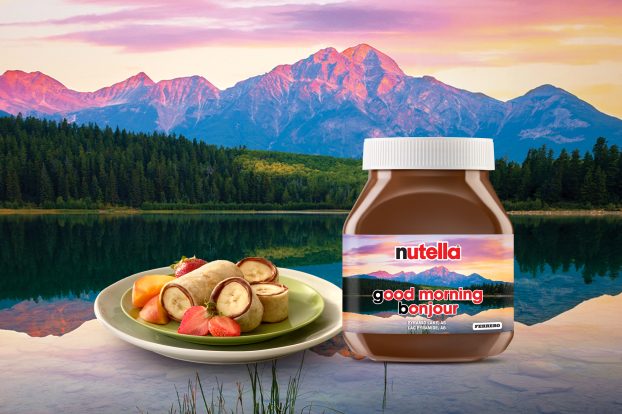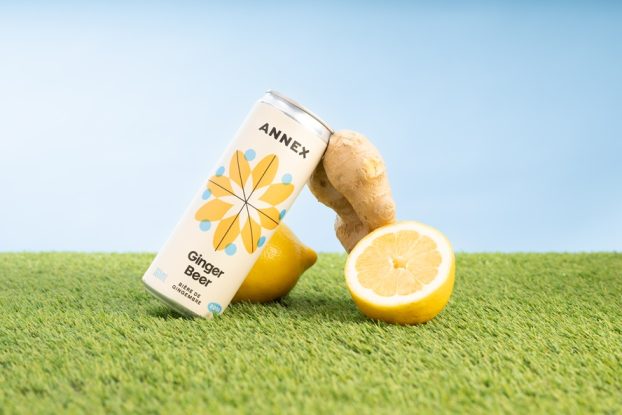
McCormick attributed strong sales in Q3 to, among other things, the strength of its brands and the “power of its marketing.”
Operating income for the parent of Club House, Frank’s RedHot and French’s was $245 million USD in quarter ending Aug. 31, compared to $235 million USD in the year-ago period, while sales increased 6%. In the Americas, sales in flavor solutions – the company’s food service and enterprise division – rose 11.3% year-over-year, while sales for other consumer segment rose 1.4%.
While overall consumer segment growth was tepid in the Americas, the company did report double-digit growth across the grilling portfolio, as well as share gains in mustard, BBQ sauce and marinades.
SG&A expenses as a percent of net sales increased by 160 basis points, thanks to brand marketing investments, but also higher employee incentive compensation expenses and distribution costs.
Brand marketing increased compared to the third quarter of last year, and the company expects a low single digit increase for the full year.
“We will continue to innovate and renovate and drive industry-leading brand marketing, customer engagement and category management,” said company president and CEO Brendan Foley.
In this morning’s earnings call, Foley said “it is turning on media right now.” In its messaging, it is focusing on things that are relevant to the current economic environment, such as how consumers can create larger batch sizes of food, as well as tricks and hacks so people can stretch their food dollar further.
McCormick says that, in flavor solutions, it is “activating holiday campaigns globally” to drive business. It also says it is gaining share and distribution with its Lawry’s seasoning brand, and it is seeing good response to its new packaging.
On the consumer side, the CPG also touted the success of a limited French’s and Skittles collaboration on National Mustard Day, driving five billion impressions. It’s built around the positioning “you can always have fun with mustard” and, according to Foley, was the “most successful earned campaign in the company’s history.”























